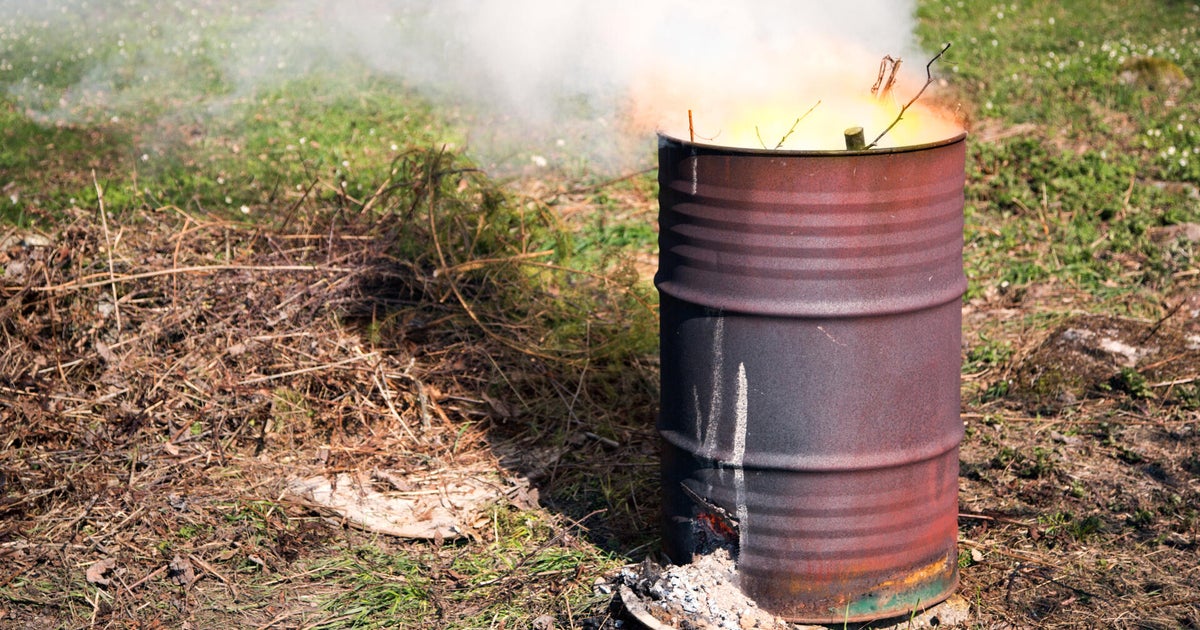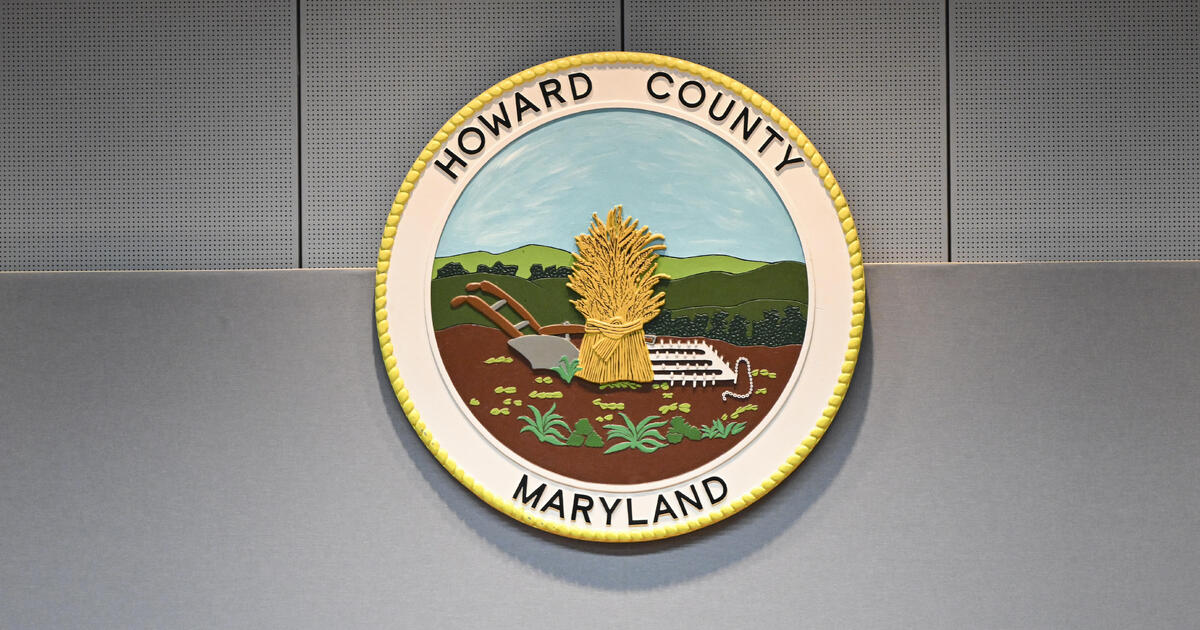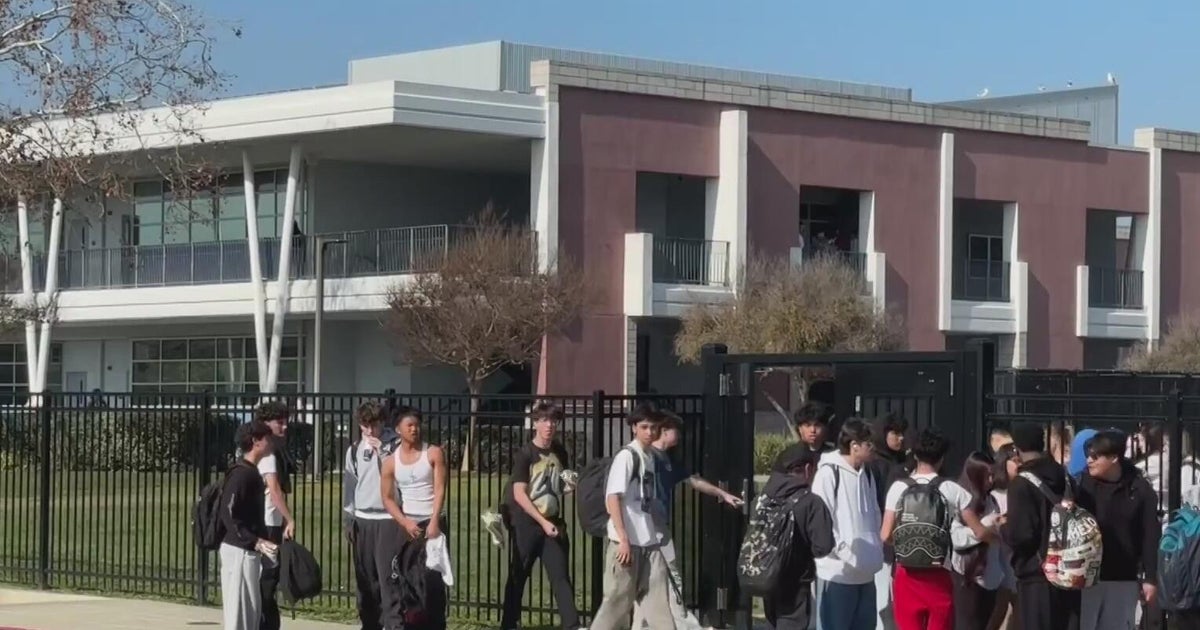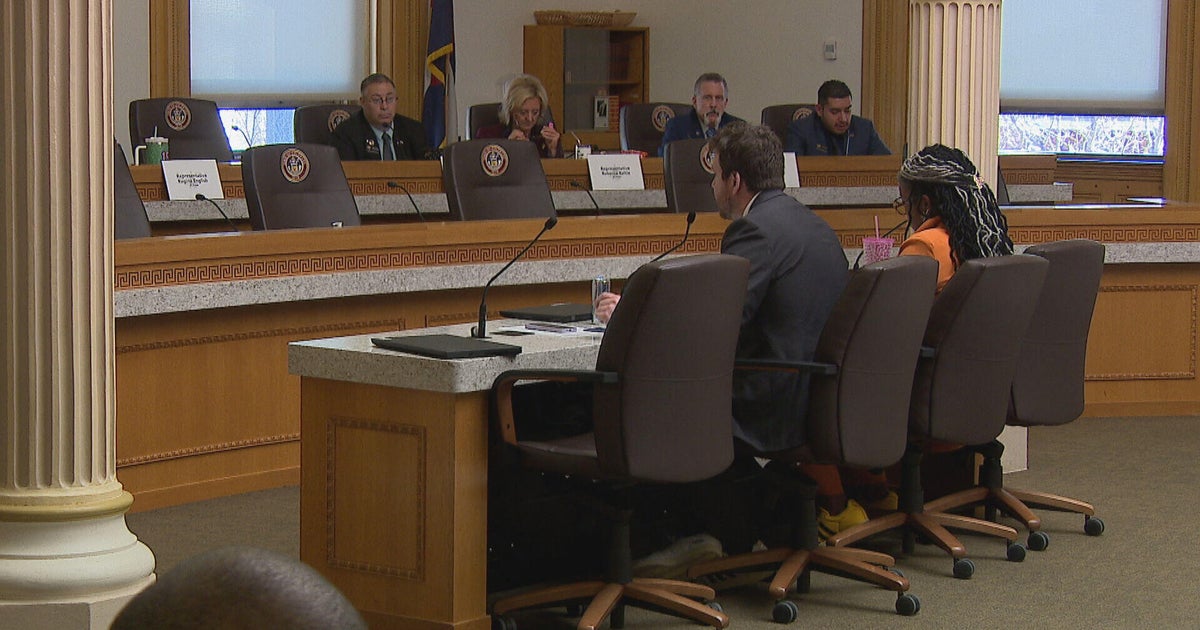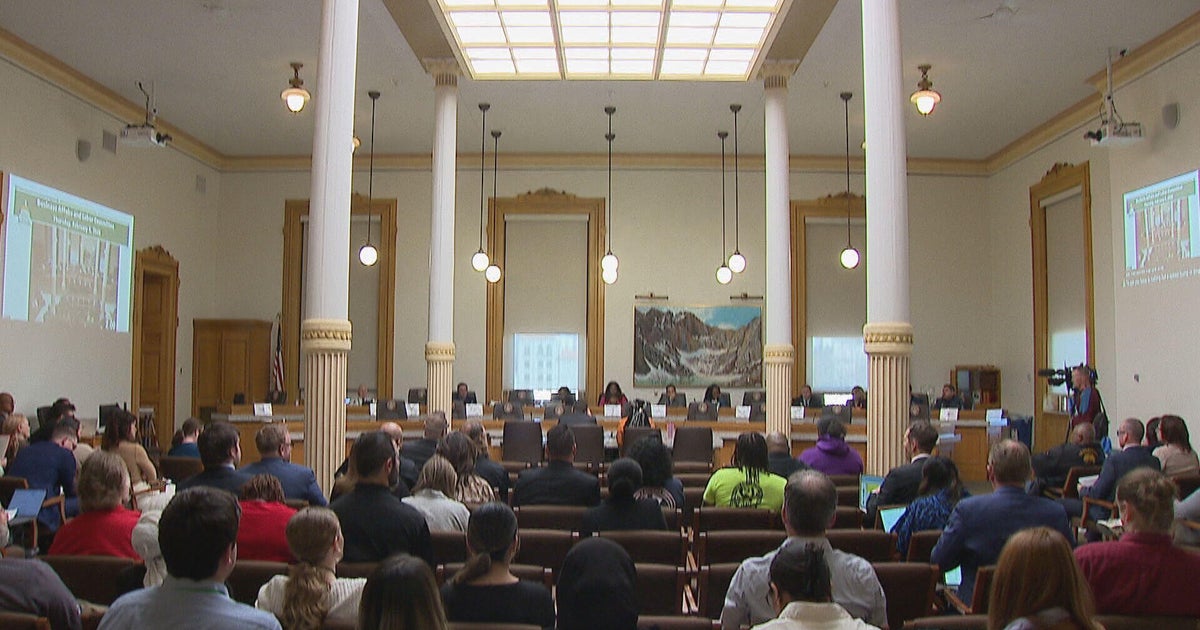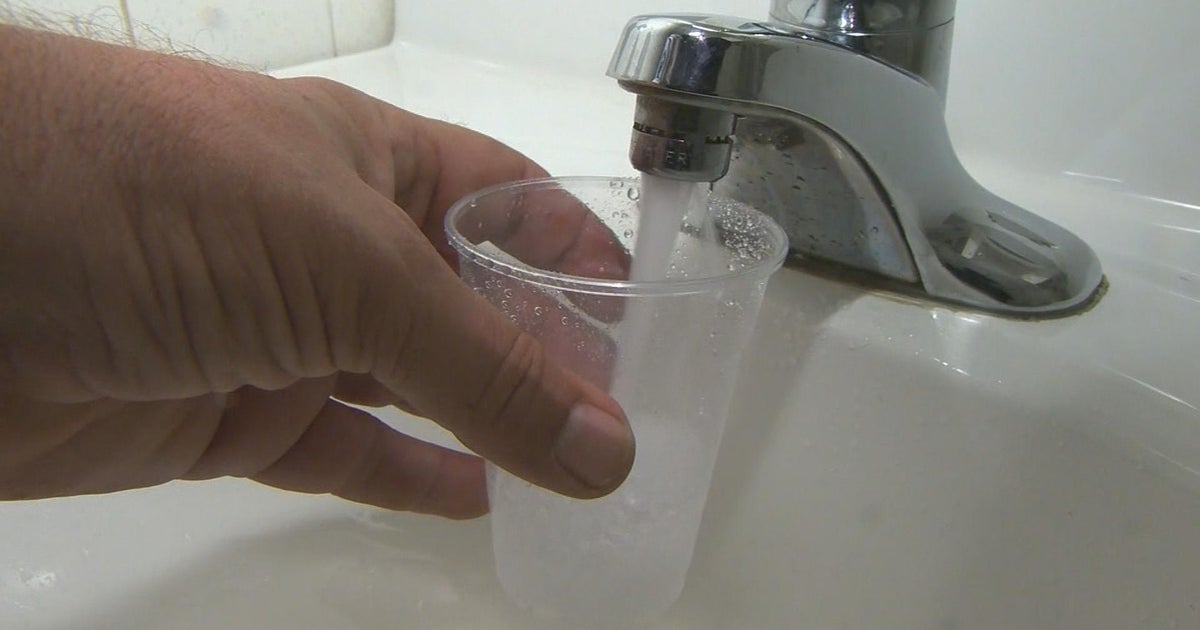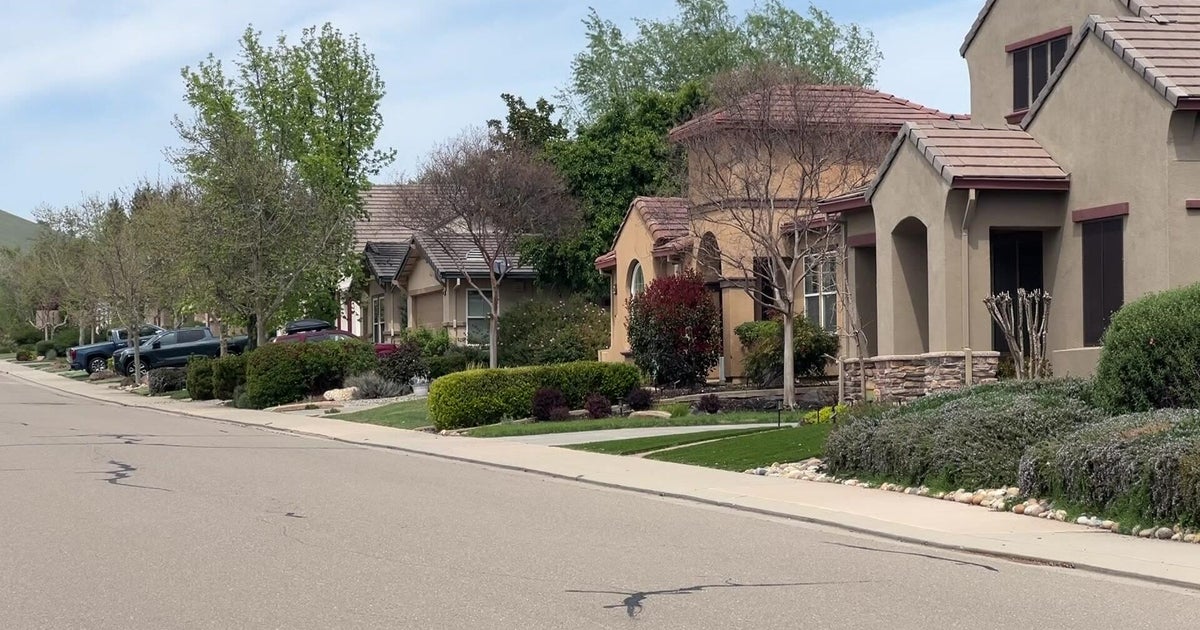Md. Panel Punts Septic Tank Limits To Governor
ANNAPOLIS, Md. (AP) -- A Maryland task force has backed off taking a more aggressive approach to curbing pollution from septic tanks in an effort to forge a consensus.
The panel appointed by Gov. Martin O'Malley favors a more general, four-tiered approach instead of suggesting that septic systems be limited to a specific number in some new developments.
O'Malley had hoped to pass legislation earlier this year to address septic system pollution, but the effort stalled amid opposition from Republicans. Democrats from rural parts of the state also objected and called for further study.
The panel will formally send its recommendations to O'Malley next month. The task force includes a variety of stakeholders, with some opposing more stringent recommendations. A few panel members voted against the final recommendations out of concern that the proposal will adversely affect rural areas by stunting development.
Delegate Maggie McIntosh, a Baltimore Democrat who chaired the panel, said she believes the O'Malley administration will iron out the details. Additional debate will take place in the next legislative session, which begins in January.
"Let's just give the governor's legislative staff some direction about where we want this to go," McIntosh said. "Otherwise, we'll be here until past Thanksgiving."
The four-tiered approach provides a general framework based on different development goals.
For example, the first recommended tier covers areas where both local governments and the state have agreed they want sewer systems. The fourth tier where septic systems would be sharply restricted includes areas that state and local governments have largely agreed to set aside for preservation, like county agricultural zones and conservation areas.
The second and third tiers are more controversial.
The second tier includes parts of the state where local governments have plans for future growth. The panel decided against capping the number of septic systems that would be allowed in developments in these areas.
"We want to allow some flexibility if there is no access to a wastewater treatment plant," McIntosh said.
The third tier includes land where there currently are no plans for growth or conservation. Some members of the panel argued that Maryland doesn't even have land that fits into that category, but the panel decided to include the category for a gray area of semi-growth in rural areas.
Richard Hall, the secretary for the Maryland Department of Planning, said he thought the diverse task force made progress on a complex issue.
"I thought they did a pretty good job of not getting so much in the weeds that they accomplished nothing and, on the other hand, they didn't make things so incredibly super general that there was little new added to the conversation," Hall said.
Opponents, including Republican Sen. David Brinkley, of Frederick, criticized the plan as an encroachment on local development authority.
"I think it's an attempt by the state to micromanage what's going on at the local level," Brinkley, who was on the panel and voted against the recommendations, said.
(Copyright 2011 by The Associated Press. All Rights Reserved.)
